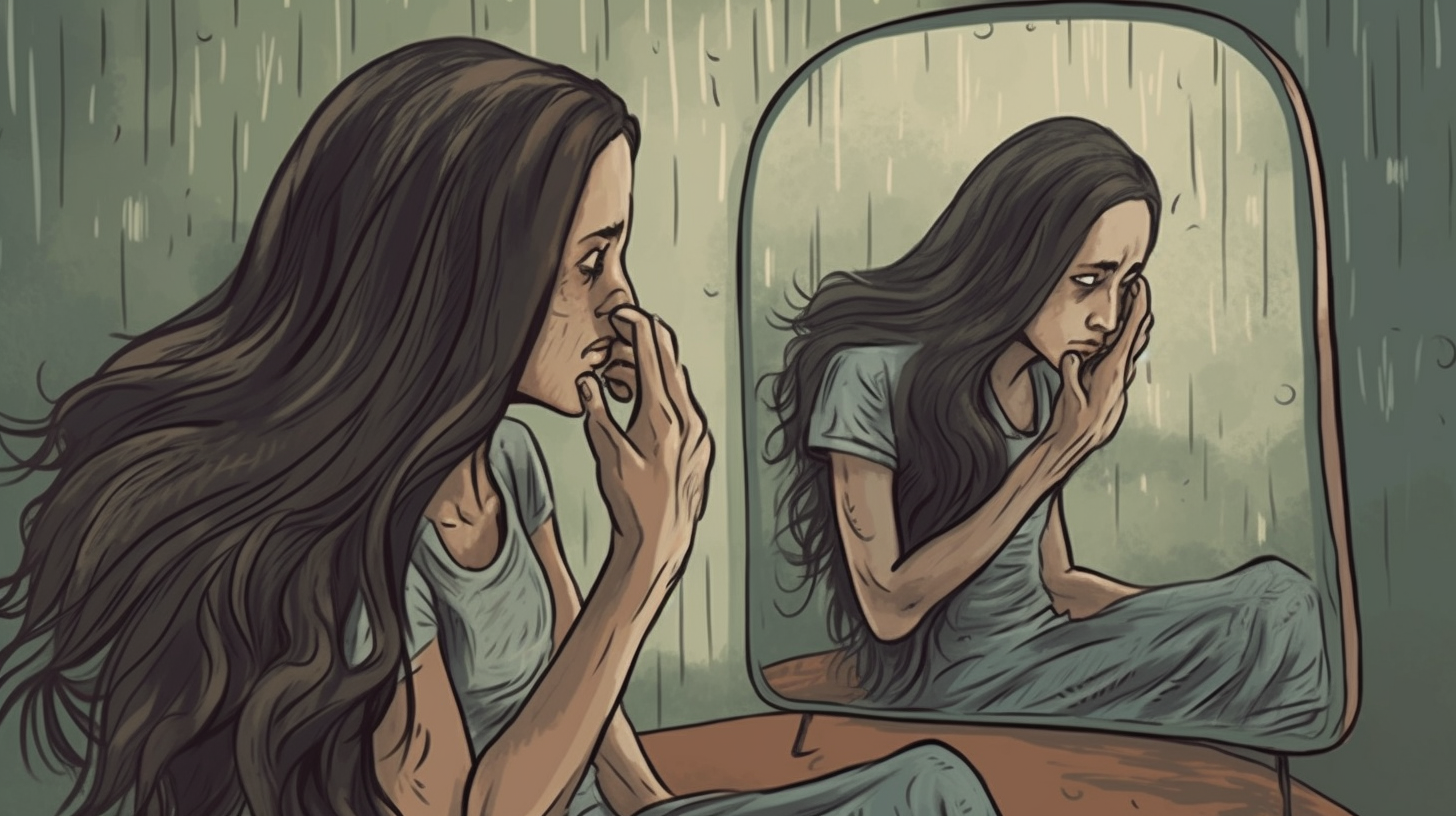Reasons for hair fall
Hair fall, medically known as alopecia, is a common condition that affects millions of individuals worldwide, transcending age, gender, and cultural boundaries. While losing a few strands of hair daily is a normal part of the hair growth cycle, excessive hair loss can be a cause for concern and may indicate underlying health issues. The impact of hair loss extends beyond physical appearance, often affecting emotional well-being and self-esteem.
Understanding the causes of hair fall is the first step towards managing and treating this condition. From genetic predispositions to lifestyle factors, a myriad of reasons can contribute to hair loss. This article delves into the common causes of hair fall, providing insights into how and why it occurs, and explores various treatment options and preventive measures. By gaining a comprehensive understanding of hair loss, individuals can take proactive steps to maintain healthy hair and address any concerns with confidence and clarity.
Reasons for Hair fall:
1.GENETICS:
Genetics play a big role in hair loss. This means that if your parents or grandparents had hair loss, you might have it too. The genes you inherit from your family can determine if you will lose your hair and how early it might start. This type of hair loss is often called "pattern baldness" and can happen to both men and women.
In men, it usually shows up as a receding hairline or bald spots, while in women, it often leads to thinning hair on the top of the head. Because it's in your genes, this kind of hair loss is mostly unavoidable, but there are treatments that can help slow it down or make it less noticeable.









Comments
Post a Comment